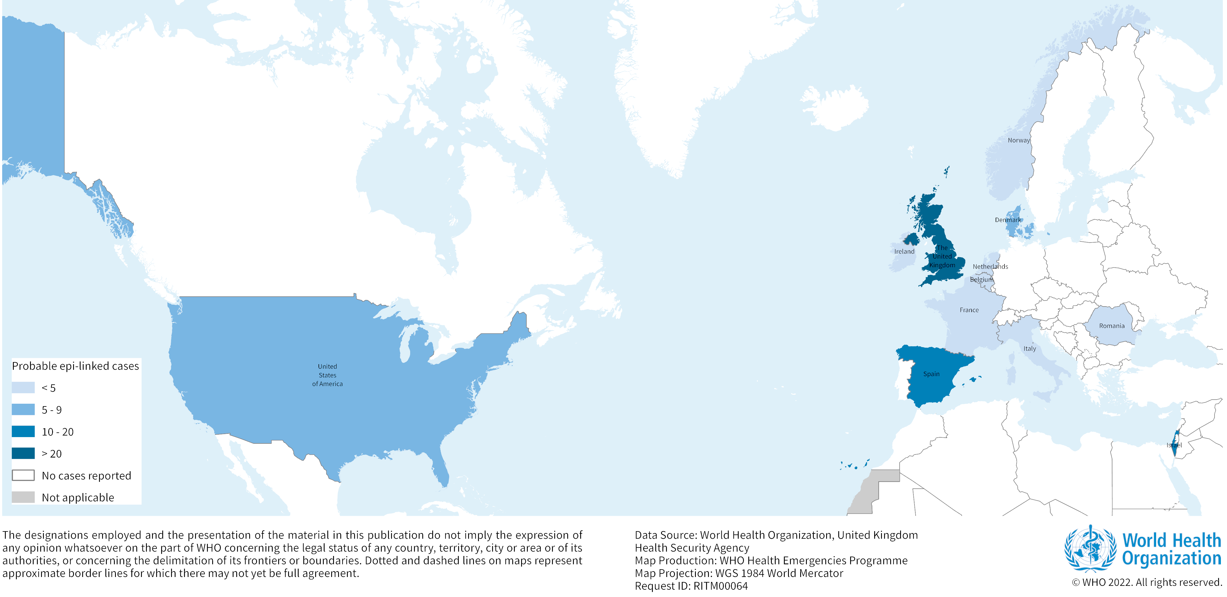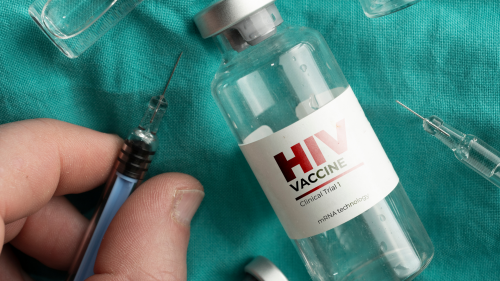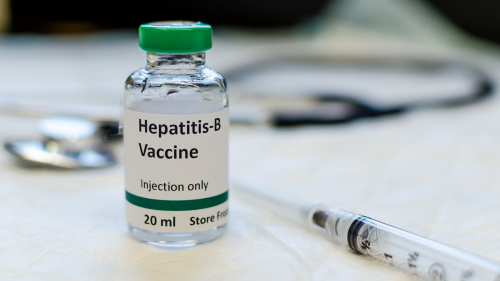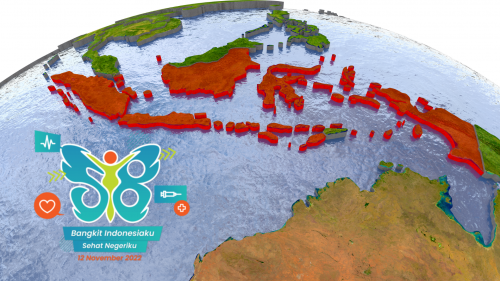The World Health Organization (WHO) declared an Extraordinary Event for the findings of acute hepatitis cases that have infected children in 12 countries in Europe, America, and Asia since April 15, 2022. The Indonesian Ministry of Health is also investigating the cause of this acute hepatitis incident. During the investigation period, the public is advised to maintain health protocols.
As of 21 April 2022, at least 169 cases of acute hepatitis of unknown origin have been reported from 11 countries in the WHO European Region and one country in the WHO Region of the Americas.

Picture 1. Distribution of cases of acute severe hepatitis of unknown origin by country, as of 23 April 2022
Cases are aged 1 month to 16 years old. Seventeen children (approximately 10%) have required liver transplantation; at least one death has been reported. The clinical syndrome among identified cases is acute hepatitis (liver inflammation) with markedly elevated liver enzymes. Many cases reported gastrointestinal symptoms including abdominal pain, diarrhoea and vomiting preceding presentation with severe acute hepatitis, and increased levels of liver enzymes (aspartate transaminase (AST) or alanine aminotransaminase (ALT) greater the 500 IU/L) and jaundice. Most cases did not have a fever.
The common viruses that cause acute viral hepatitis (hepatitis viruses A, B, C, D and E) have not been detected in any of these cases. International travel or links to other countries based on the currently available information have not been identified as factors. Hypotheses related to side effects from the COVID-19 vaccines are currently not supported as the vast majority of affected children did not receive COVID-19 vaccination.
Adenovirus has been detected in at least 74 cases, and of the number of cases with information on molecular testing, 18 have been identified as F type 41. SARS-CoV-2 was identified in 20 cases of those that were tested. Furthermore, 19 were detected with a SARS-CoV-2 and adenovirus co-infection.
Further investigations are ongoing in countries that have identified cases and include more detailed clinical and exposure histories, toxicology testing (i.e. environmental and food toxicity testing), and additional virological/microbiological tests. Affected countries have also initiated enhanced surveillance activities.

Picture 2. Image is for illustration only
The mysterious hepatitis disease that has been afflicting many children in Europe, America and Asia has now entered Indonesia. This disease has been categorized as an Extraordinary Event by the World Health Organization (WHO). The Indonesian Ministry of Health is still conducting an investigation through a complete virus panel examination and an epidemiological investigation to find out more about the cause of this disease. To prevent the risk of infection, parents should increase vigilance by taking preventive measures. Some of the initial steps that can be taken by maintaining personal and environmental hygiene are:
- Maintain cleanliness by washing hands with soap
- Ensure that the food or drink consumed is cooked
- Do not share eating utensils with other people
- Avoid contact with sick people
In general, the initial symptoms of acute hepatitis are nausea, vomiting, abdominal pain, diarrhea, sometimes accompanied by low-grade fever. Furthermore, the symptoms will get worse, such as thick urine like tea and pale white stools.
If the child experiences these symptoms, parents are asked to immediately check the child to the nearest health service facility to get an initial diagnosis. Do not wait until symptoms of jaundice appear or even loss of consciousness. Because these conditions indicate that the hepatitis infection is very severe. If it is too late to get medical treatment, then the momentum for doctors to help patients is very small.
Therefore, it is necessary to have solid cooperation between parents, health workers and health care facilities so that they can find the symptoms of Acute Hepatitis as early as possible so that children can immediately get medical help.
Reference:
- WHO. (2022). Diseases Outbreak News
- CDC. (2022). Update on Children with Acute Hepatitis of Unknown Cause
- KEMENKES RI. (2022). Hepatitis Akut Menular Lewat Saluran Cerna dan Saluran Pernafasan, Begini Cara Mencegahnya








